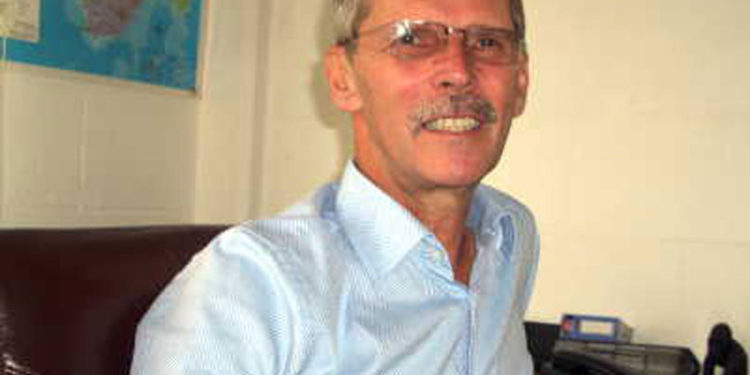I am on a ‘Whats App’ group where the discussion was about the definition of an intellectual. For me an intellectual is simply a person who uses his intellect to analyze issues. But the question, which the discussion stimulated for me, was not how to define an intellectual, but what role do intellectuals play in making nations successful. I know many intellectual Ugandans who can easily analyze all sorts of issues and can hold their own on any international stage. But this makes me wonder why we cannot therefore solve our own problems: why are potholes a challenge for us, and why are we among the nations begging vaccines?
In Uganda we are not short of intellectuals, but we are short of implementers. There are many strong African intellectuals, but how is their wisdom applied? The gap in Africa, and in Uganda in particular, is in the application of what we know. This also applies to politics and government. For example, looking at the composition of the new Cabinet, there is something (or someone) there for every constituency, so the cabinet is cleverly put together to meet the various political, tribal and religious divides, but will this cabinet be able to implement the policies and plans that will drive Uganda forwards? The answer I get when I raise this with politicians is that their role is to oversee the ‘technical people’ who are the experts tasked with implementation. But I have found that it is this very dichotomy that is at the root of our problems.
Civil servants may be tasked with implementation by the politicians, but there are so many laws and regulations regarding procedures in government that Permanent Secretaries end up spending their time ensuring that correct procedures are followed (otherwise they can find themselves being carted off to Luzira). These ‘Technical people’ are not charged with the responsibility of implementation, only of following procedure. Therefore we have a political constituency that has to be satisfied, and a civil service, which must follow procedures, but no one ensuring that things get done. Who does the buck stop with in the public sector? Contrast this to the private sector where objectives have to be met, or companies fail.
There is a management practice known as OKR, which is widely practiced in the big tech companies such as Google and Intel. It stands for ‘Objective and Key Results’. It is a simple principle. First set the objective and then break it down to a few key results, which must be attained in order to meet the objective, and give it all a time frame. Several years ago we set a national objective to increase household incomes so that we become a lower middle-income country by 2020. In this case the government did follow the OKR principle and the objective was broken down to key results, which were to be attained by certain dates. This was done by the National Planning Authority and cascaded down to the various ministries and local government. The difference was that no one was held to account, so no one met the key results and we failed to meet the objective.
Intellectuals can analyze why we fail, but who is tasked with ensuring implementation, and who is called to account for the lack of implementation? Actually no one, because everyone is able to pass the buck – and blame either: ‘those technical people’, the politicians, or the consultants (who are always present). The intellectuals can sit in the gallery and make commentary on the reasons for our failures but where does that take us? We have more and more politicians and many senior civil servants, but in terms of implementation we have passed the buck so far down the line that we do not know who is responsible. Ugandans are so good at planning that certain cases Rwanda just implements what was planned in Uganda, so one finds what is talked about in Kampala actually implemented in Kigale, while Kampala is still in chaos.
This whole issue of the division between intellectual analysis and implementation has its roots in our education system where theory and practice are segregated. I am not an intellectual, though I have an inquiring mind, but I am an implementer – if I have an idea I just get on with it, often at a very humble level, but then several years later someone will notice that I have built something. Uganda needs more implementers – as the saying goes, we need less talk, more action.
For marriage, family, love, job/promotion. Goodluck in your business/lottery, court cases, diseases and other Spells kindly call Kiwanga Doctors on +254 769404965 or CLICK HERE
Do you have a story in your community or an opinion to share with us: Email us at editorial@watchdoguganda.com





